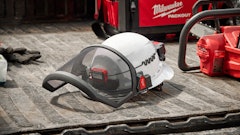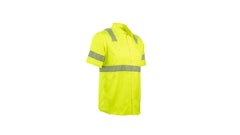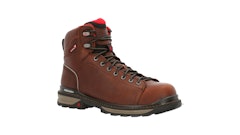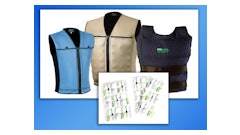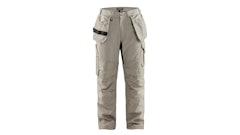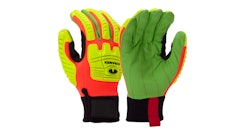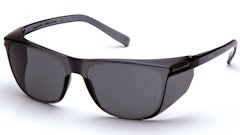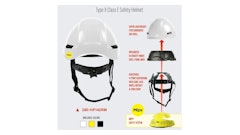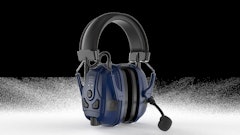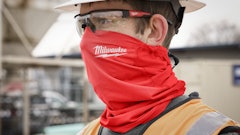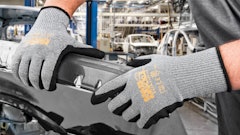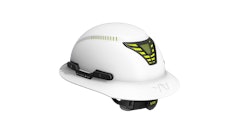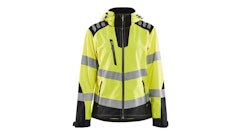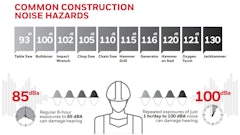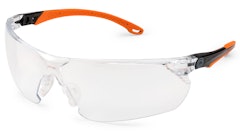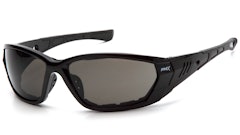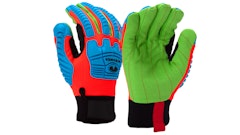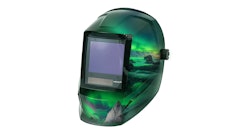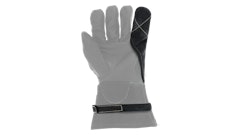
The CDC guidelines are clear: while a cloth mask is sufficient for viruses like Covid-19, they are not a substitution for personal protective equipment (PPE). However, even if you are wearing the appropriate N95 respirator, if the fit isn't correct, you're likely not protecting yourself from airborne hazards.
Published in October 2020, ASTM International developed the ASTM F3407-20 Standard Test Method for Respirator Fit Capability for Negative-PRessure Half-Facepiece Particulate Respirators. Their purpose was to " increase the probability that available respirators fit a general worker population. Respirators meeting this standard will still have to be fit tested in the workplace on each wearer as required by the Occupational Safety and Health Administration." This standard did not guarantee a respirator would fit every wearer.
Without proper fit and seal against your face, an N95 may leak around the edges and offer less protection than the model might be capable of - potentially putting construction employees at undo risk.
Recently, a comparison study was conducted to evaluate respirator product designs on overall fit capabilities. Results of which showed that 75% of the tested N95s struggled to seal well against the wearer’s face and did not meet the fit standard and failed to provide the 95% filtration protection they were designed for. The study was conducted using ASTM F3407-20 to evaluate respirator product designs on overall fit capabilities.
Shawmut Corporation presented the study at the 2022 International Society for Respiratory Protection Conference - a global forum for the exchange of knowledge related to the science, technology, regulation, development, and practice of respiratory protection.
The study analyzed the four major styles of N95 designs (molded cup, flat-fold, trifold, and duckbill), aimed at understanding how the design and construction of facepiece respirators (FFRs) can impact overall fit performance, as well as relative performance.
As quoted in their September 2022 announcement, James Wyner, CEO of Shawmut, hopes that the ASTM RFC Standard will further the development of better-designed models to fit workers. "Achieving high filtration is relatively easy; achieving a good seal in a mask that has high filtration is a challenge,” Wyner says. “That’s why evaluating how well a respirator fits a wide range of people, in accordance with the ASTM F3407 standard, is so valuable.”  This chart shows the relative performance of the most popular N95 Filtering Facepiece Respirators (FFRs) currently on the market. To pass ASTM F3407, an FFR must achieve a 50%, or higher, score. (Click to enlarge the chart.)Shawmut Corporation
This chart shows the relative performance of the most popular N95 Filtering Facepiece Respirators (FFRs) currently on the market. To pass ASTM F3407, an FFR must achieve a 50%, or higher, score. (Click to enlarge the chart.)Shawmut Corporation
Shawmut’s comparison study included 450 individual subject tests and 3,600 interior air samples of 18 popular and readily available disposable respirator market models using a 25-person test group. Overall, there were large differences between N95 designs tested in terms of fit capability and minimum levels of protection. 75% (9 of the 12) of the N95s tested did not meet the fit capability standard (which calls for a minimum fit capability of 50% of the 25 panelists), and fit performance varied dramatically across individual N95 models. The study found that there is a great deal of variability in the fit of different respirator models across the human test group. Some models performed consistently across subjects, while others performed inconsistently or poorly on most subjects.
Of the 12 N95 models tested, only three passed the RFC standard. Two others fell one panel subject short of passing. Six of the 12 tested did not even achieve a 25% passing score.
Read more at Shawmutcorporation.com.





